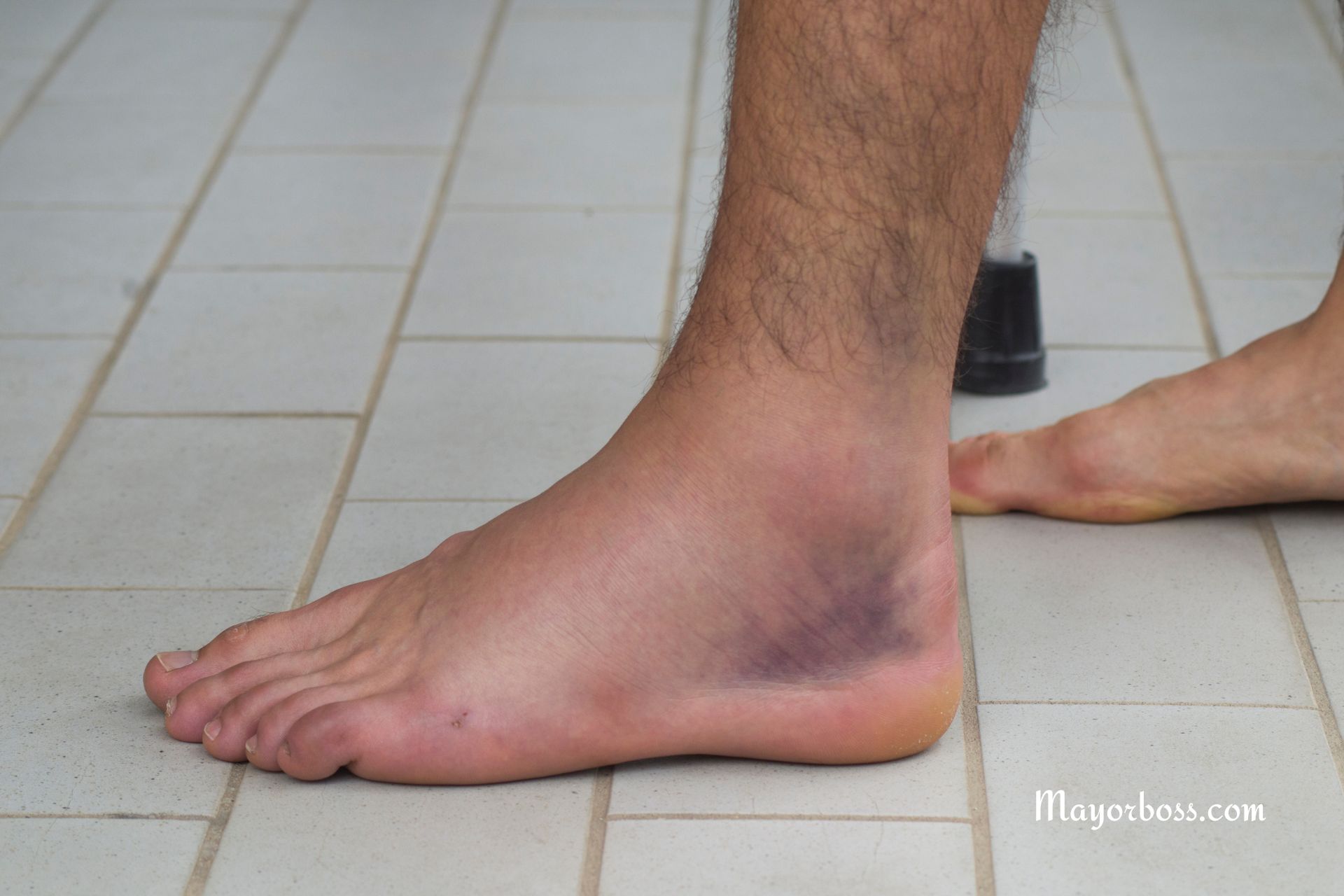What Are Lymph Nodes?
What Are Lymph Nodes?
Lymph nodes (or lymph glands) are small, bean-shaped structures that are part of your body’s lymphatic system. They play a crucial role in your immune response, helping to fight infections and other diseases. Typically, they work quietly in the background, but sometimes you might actually feel them, especially when they become swollen, which can be a sign that your body is dealing with an infection.

Role of Lymph Nodes in the Body
Lymph nodes act as filters for foreign particles and are key to the functioning of the immune system. They contain immune cells that can help your body recognize and fight off germs, like bacteria and viruses. When these invaders are present in your body, the lymph nodes increase the production of immune cells, which can cause the nodes to swell.
Where Are Lymph Nodes Located?
You have lymph nodes all over your body, including in your neck, under your arms, and in your groin area. They are connected by the lymphatic vessels, which are like the veins and capillaries of the lymph system. Since lymph fluid travels through these vessels and nodes, it allows the cells of the immune system to move freely and do their job effectively.
When Should You Pay Attention to Your Lymph Nodes?
Generally, you don’t need to worry about your lymph nodes. However, if you notice that they are swollen, and particularly if the swelling is accompanied by other symptoms like fever, night sweats, or unexplained weight loss, it’s important to see a doctor. Swollen lymph nodes can sometimes indicate more serious conditions, such as infections, immune disorders, or even cancer.
In conclusion, lymph nodes are a vital part of your immune system, often working without any notice. However, when there is something amiss in your body, it can become swollen and noticeable. If this happens, it’s a sign to pay closer attention and possibly consult with a healthcare professional.






